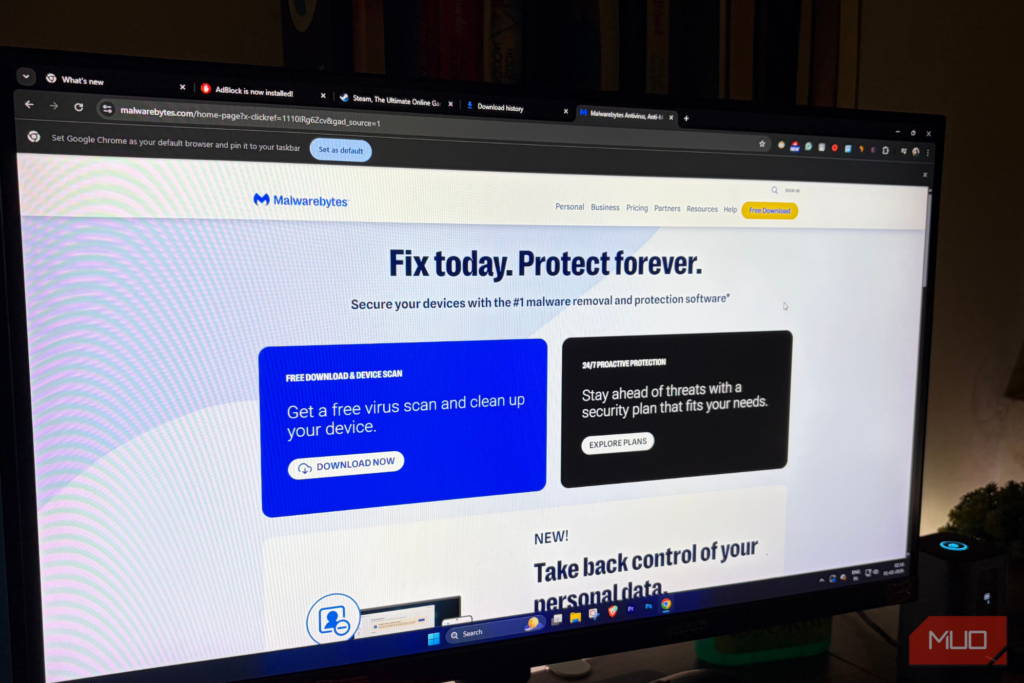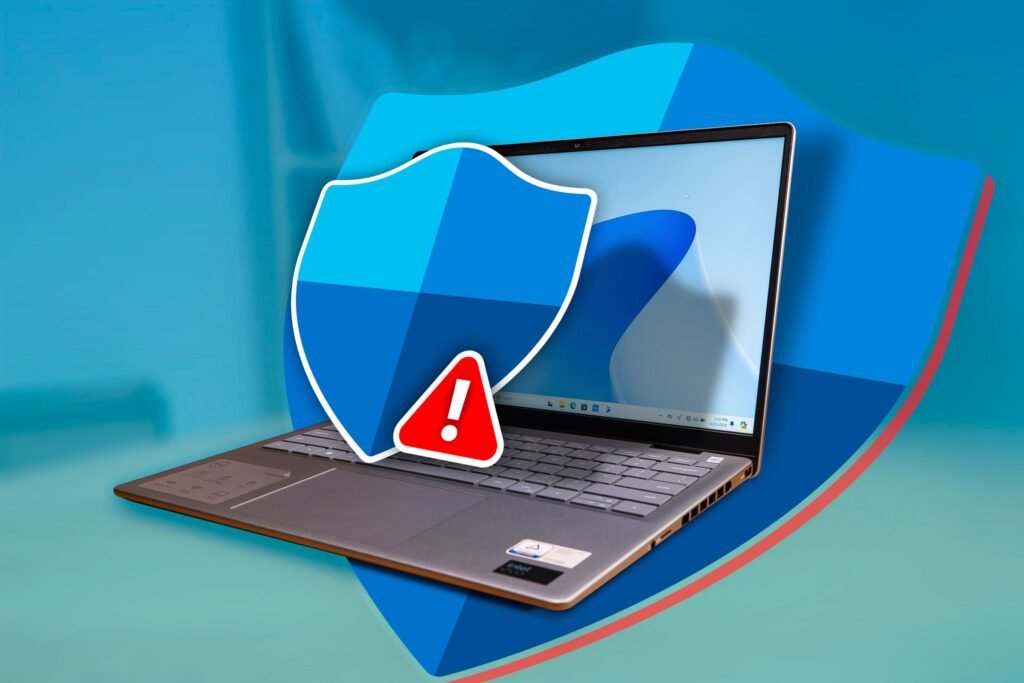Pfizer has already run into coronavirus vaccine manufacturing issues

Pfizer was forced to cut its coronavirus vaccine production in half due to unforeseen manufacturing issues.
Pfizer will ship 50 million doses worldwide in 2020 instead of 100 million. The company aims to produce more than 1 billion doses in 2021, as initially planned.
The Pfizer/BioNTech vaccine regimen requires two separate shots, administered a few weeks apart.
“There are three key areas where, as with all vaccines, we must demonstrate success in order to seek approval for public use,” Pfizer CEO Albert Bourla wrote in a public letter in mid-March. “First, the vaccine must be proven effective, meaning it can help prevent COVID-19 disease in at least a majority of vaccinated patients. Second and equally important, the vaccine must be proven safe, with robust safety data generated from thousands of patients. And finally, we must demonstrate that the vaccine can be consistently manufactured at the highest quality standards.”
Since then, Pfizer and BioNTech have announced that the drug is highly effective against COVID-19, reaching 95% efficacy in the clinical trial’s Phase 3 stage. The vaccine is also safe, as volunteers only experienced transitory side-effects during the trial. And Pfizer must have demonstrated success at manufacturing the drug safely, as the two companies have already submitted the paperwork for emergency approvals. The UK already approved the vaccine for use, with vaccinations set to start soon. But Pfizer ran into some manufacturing issues and had to revise its estimates for the supply available worldwide in 2020.
BGR’s Top Deal of the Day
“Scaling up the raw material supply chain took longer than expected,” a company spokeswoman told The Wall Street Journal. “And it’s important to highlight that the outcome of the clinical trial was somewhat later than the initial projection.”
Pfizer still aims to ship more than a billion doses in 2021 as it was originally planned. But the company will only make 50 million doses this year, half of the initial projection. This would be enough to vaccinate 25 million people, as the drug requires two doses a few weeks apart.
It’s unclear what caused the delay, and Pfizer did not explain the issue. “We were late,” a person familiar with the development process told WSJ. “Some early batches of the raw materials failed to meet the standards. We fixed it but ran out of time to meet this year’s projected shipments.”
Pfizer wouldn’t detail the shortfalls over ingredients. The report notes that vaccines typically contain “materials from suppliers that can include antivirus agents, antiseptic liquids, sterile water,” and the virus elements that would trigger an immune response without triggering the illness. In the case of this mRNA vaccine, the spike protein of the real SARS-CoV-2 virus is used in the vaccine so that the body can develop neutralizing antibodies to it.
Usually, a pharmaceutical company would start manufacturing the experimental drug only once it’s approved. That includes purchasing the raw materials and setting up the manufacturing lines and supply chains. However, Pfizer started months ago, even with no guarantee that the vaccine would work and reach the emergency use milestone.
“For this one, everything happened simultaneously,” the person familiar with Pfizer’s development process said. “We started setting up the supply chain in March, while the vaccine was still being developed. That’s totally unprecedented.”
Pfizer’s delay might be seen as a bad sign, but it’s also good news, signaling that companies will not cut safety corners. Regulators will continue to monitor the safety of coronavirus vaccines as well. Earlier this week, the head of the UK drug regulator said that batches of the vaccine would be tested in labs as vaccination campaigns begin, “so that every single vaccine that goes out meets the same high standards of safety.”
Read More
Be the first to write a comment.





